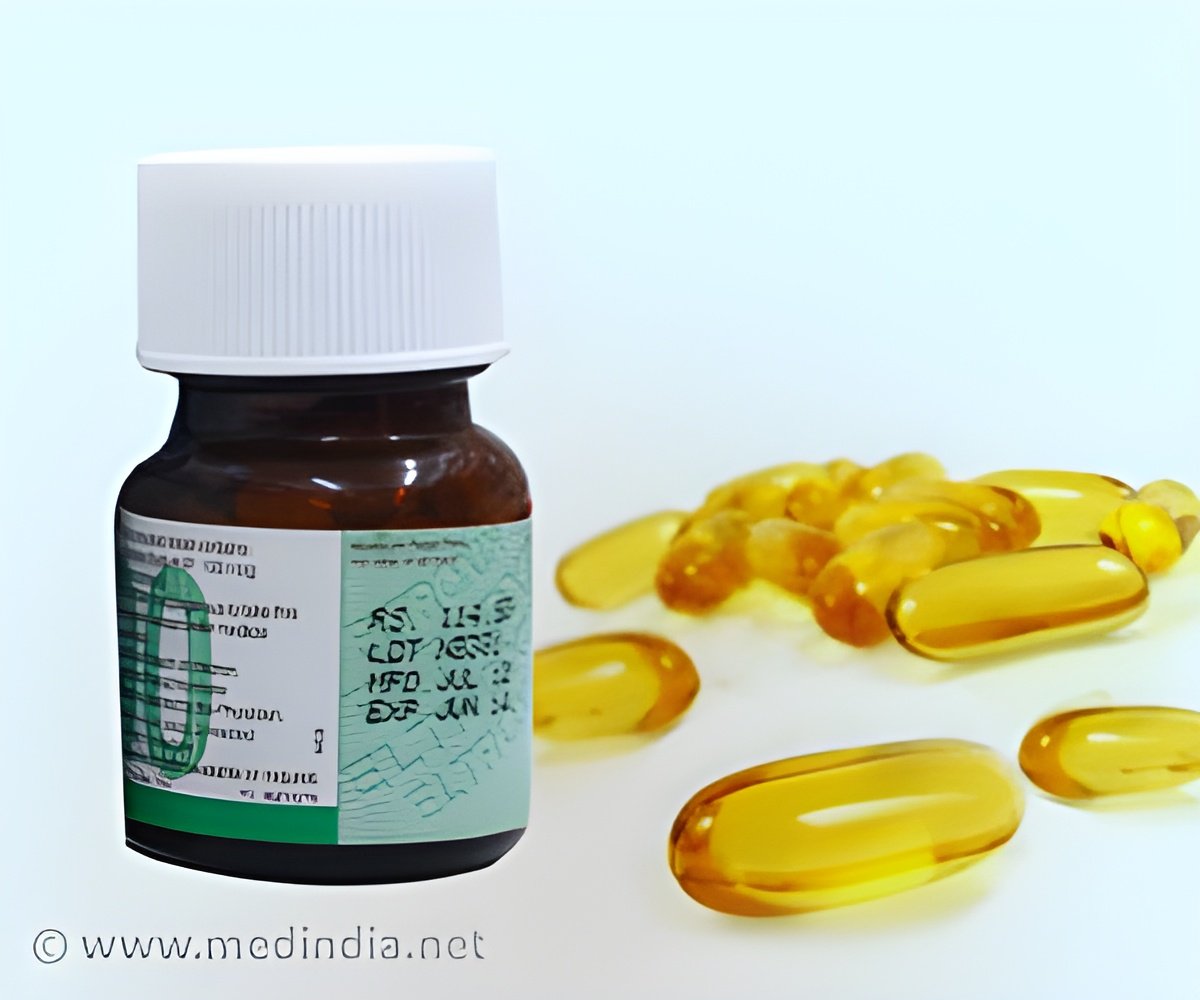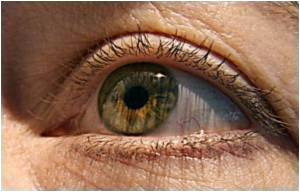Fish oil pills are believed to prevent macular degeneration, instead a diet rich in fruits, vegetables, meat and whole grains can improve your vision.

A recent study by the Age-Related Eye Disease Study 2 (AREDS2) Research Group has, however, shown that the actual risk of AMD does not decrease with addition of lutein + zeaxanthin and DHA + EPA to the AREDS formulation (antioxidants + zinc).
The scientists said, "Oral supplementation with the Age-Related Eye Disease Study (AREDS) formulation (antioxidant vitamins C, E, and beta carotene and zinc) has been shown to reduce the risk of progression to advanced AMD. Observational data suggests that increased dietary intake of lutein and zeaxanthin, omega-3 long-chain polyunsaturated fatty acids (docosahexaenoic acid [DHA] and eicosapentaenoic acid [EPA]), or both might further reduce this risk,"
The cases of AMD are expected to increase to double the previous number in the coming twenty years in absence of improvised ways of controlling the advancement of macular degeneration.
Studies in the past have shown that regular high doses of vitamin E and C, beta carotene and minerals such as copper and zinc can facilitate the slowing of advanced AMD.
Use of beta carotene is related with increased risk of pulmonary cancer in smokers. Zinc can have some associated side effects such as stomach problems.
4,203 volunteers in the age group of 50 to 85 took part in the study.
The researchers said that the removal of beta carotene or low dose of zinc caused no actual effect on age-related macular degeneration.
Emily Chew, the deputy clinical director at the National Eye Institute and the lead researcher stated, "While zinc is an important component of the AREDS formulation, it is unclear how much zinc is necessary. Omega-3 fatty acids and beta-carotene clearly do not reduce the risk of progression to advanced AMD."
The scientist said that further research is required for ‘potential addition in the AREDS supplements’.
So, if you think that you have macular degeneration always consult your ophthalmologist about the risks and benefits of taking supplements. However it is safe to eat plenty of fresh fruits and vegetables, whole grains, and some fish, poultry, and milk. Flaxseed, walnuts, soy foods, pumpkin seeds, and canola (rapeseed) oil are good sources of omega-3 fatty acids and so are oily fish such as salmon. Zeaxanthin and lutein are carotenoids (plant-derived vitamins). Green leafy vegetables are enriched with carotenoids. Supplements may not be really required if your diet consists of all these ingredients.
Source-Medindia













